Holding any cryptocurrency has its own intrinsic benefits. If you have already invested in Bitcoin, Ethereum, Cardano, Litecoin or Monero, now is the best time to put your crypto reserves to good use. Crypto holdings can be used as collateral for a loan, even if you have a small crypto portfolio. Which is why, there is plethora of crypto lending platforms that have emerged in the last few years with the recent Bitcoin and crypto boom.
In traditional financial markets and banking systems, this practice is called securities-based lending. However, it is usually reserved for large financial institutions and high-net worth clients of banks. Not ordinary individuals like us.
With the advent of crypto lending platforms, any individual, irrespective of their net worth can both offer and apply for loans which are much more accessible. Hodl investors of any nationality can achieve liquidity and maximise their profits from their crypto investment without selling them. However, choosing the best crypto lending platforms is crucial in this regard. You may also want to check out this in-depth guide on Crypto Lending.
Down below, we have done a rundown of 8 of the best crypto lending platforms, their advantages, risks, and the impact of bitcoin and crypto loans on taxation.
Table of Contents
What are crypto loans?

Crypto loans are a means for traders to liquidate their crypto holdings without selling their cryptocurrency. What’s more, they can also use their crypto as collateral for a stablecoin or cash loan. These loans are issued on crypto lending platforms.
For instance, an individual may prefer taking out a crypto loan instead of selling if they expect their crypto asset’s (Bitcoin, for example) value to increase over time. They could also take out a crypto loan if they want to hold the asset for a long duration to avoid short-term capital gains tax.
What are the different types of crypto loans?
Custodial crypto (CeFi) Loans
All loans pertaining to Centralized finance or CEFi are custodial in nature. That is, a central entity or platform is the sole incharge of the collateral until the loan is paid out. A trader cannot access their collateralized assets and the lender has control over the assets’ private keys. It is estimated that around 80 percent of crypto loans issued today are custodial.
Although CeFi crypto loans are far more affordable and accessible than traditional loans, they still depend on a centralized platform to enforce their terms and conditions.
Non-custodial (DeFI) crypto Loans

All loans pertaining to Decentralized finance or DeFi are non-custodial. Such loans depend upon smart contracts instead of a central organization that enforces the terms of the loan.
For instance, if a trader takes out a DeFi crypto loan, the trader will retain control of their assets’ keys if they don’t default on the loan, that is. DeFi loans have a higher interest rate than custodial loans. Generally, DeFi lending platforms cannot directly lend fiat currency hence traders receive stablecoins that can be exchanged for cash.
Are there any requirements to take out a crypto loan?
Applying for a crypto loan is very easy in a stark contrast to applying for a traditional loan. Credit checks are not required. However, the amount of the loan that you seek depends upon the amount of collateral you are able to offer.
Crypto loans depend upon the loan-to-value (LTV) ratio. LTV is the ratio between the total amount of the loan issued and the value of the collateral that you offer.
For example, if you receive a $5,000 loan and put up $10,000 worth of crypto as collateral, your loan’s LTV ratio is 50 percent. Due to the volatility of crypto markets, LTV ratios are typically low on crypto loans whether issued on a CeFi or DeFi platform.
Best Crypto Lending Platforms in DeFi 2025
1) Oasis Borrow (MakerDAO)

The epicentre for doling out crypto loans in the Maker ecosystem, Oasis Borrow also supports the DAI stablecoin. It lets users put up an asset as collateral that can be offset by either minting a certain amount of DAI or paying back the loan in full before unlocking their crypto assets.
The advantage of using Oasis Borrow is that Maker is one of the biggest DeFi crypto lending platforms, and has over $7.3B in locked assets and more than $2.7B in outstanding loans. Anyone with with crypto holding and a MetaMask wallet is eligible to open a Maker Vault and begin minting DAI on the Maker platform.
On Oasis Borrow, users can expect both a 50% and 75% LTV rate for crypto loans. However, Oasis Borrow’s smart contracts automatically liquidates accounts whose LTVs falls below the agreed rate threshold, and imposes a liquidation penalty of 13% or more.
2) Compound Finance
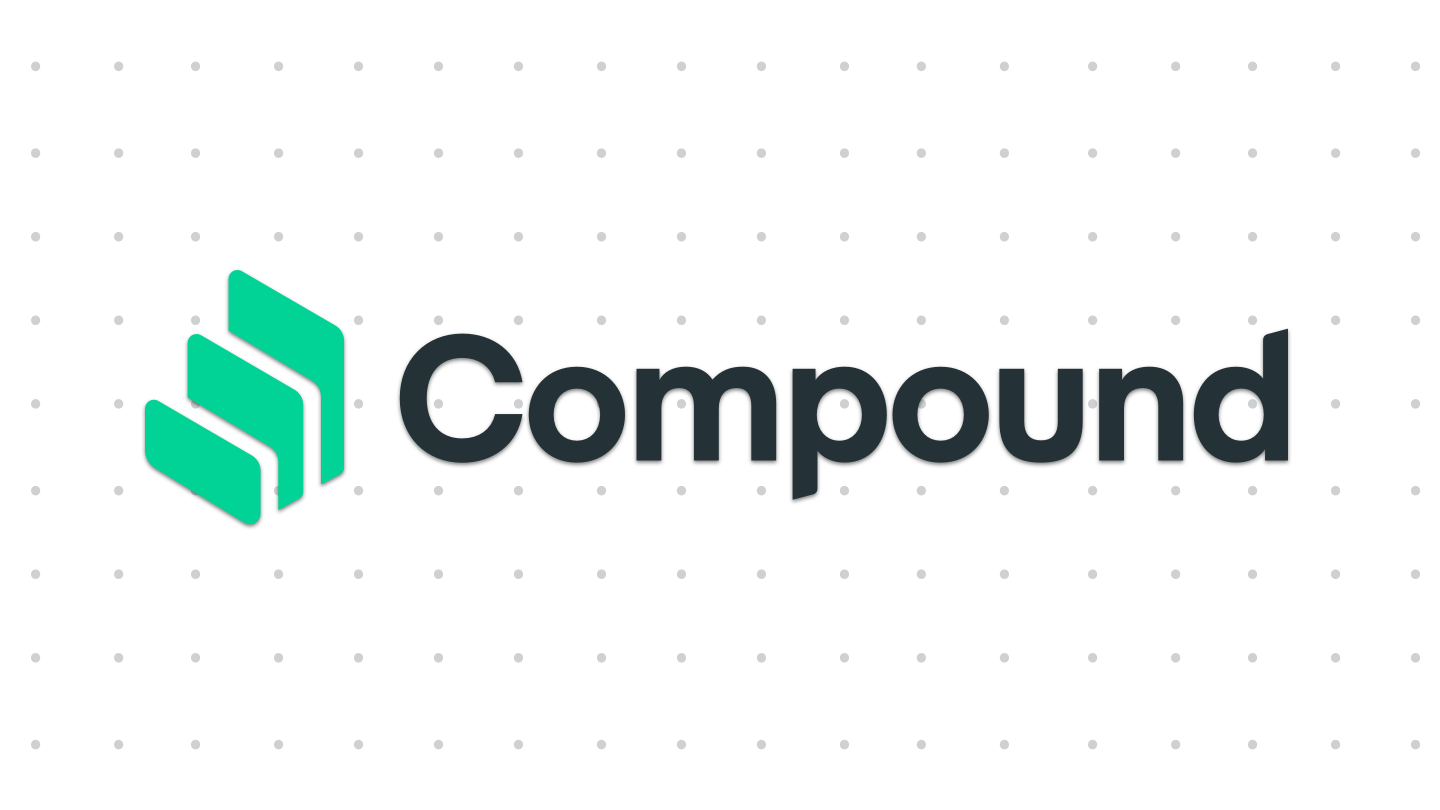
Compound is one of the best DeFi crypto lending platforms where users directly supply cryptocurrency to the protocol and reap interests on their deposit.
The native Compound Finance token is called cToken which is supplied by users to run the protocol. While CToken’s value increases with time it can also be used as collateral for a loan.
Compound’s LTV rates are typically slightly higher than MakerDAO’s. However, Compound Finance charges zero borrowing fees, and offers a lower liquidation threshold of 50% and levies a fixed liquidation penalty at 8%.
3) Aave
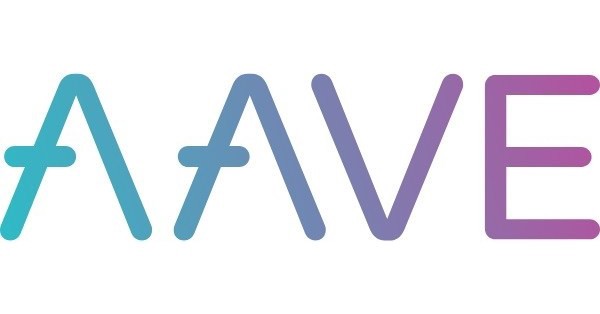
Similar to Compound Finance, AAVE helps borrowers put up collateral and support the protocol via native currency aTokens. It is one of the highest valued DeFi lending platforms.
As well as DeFi lending, AAVE offers flash loans and fixed interest rate loans. Furthermore, AAVE also offers a higher LTV rate and very low borrowing rates than many of its competitors. Users can offer up to 24 cryptocurrencies as collateral, in a stark contrast to Compound’s 9 and Maker’s 18 cryptocurrency limit.
4) Alchemix

Rounding off our list of the top defi crypto lending platforms is Alchemix that helps users deposit DAI into a smart contract and in exchange receive a token called alUSD. This token represents the deposit’s future yield farming potential and can be traded on DeFi exchanges such as Sushiswap.
The smart contract on Alchemix transfers the deposited DeFi assets into a Yearn vault that reaps DAI. When the yield harvests, users’ alUSD token debt decreases and the deposit’s yield harvest pays back the loan automatically.
Alchemix offers an LTV of 50% and allows users to mint alUSD token worth up to half of the asset they deposit as collateral.
Best Crypto Lending Platforms in CeFi
5) Celsius Network
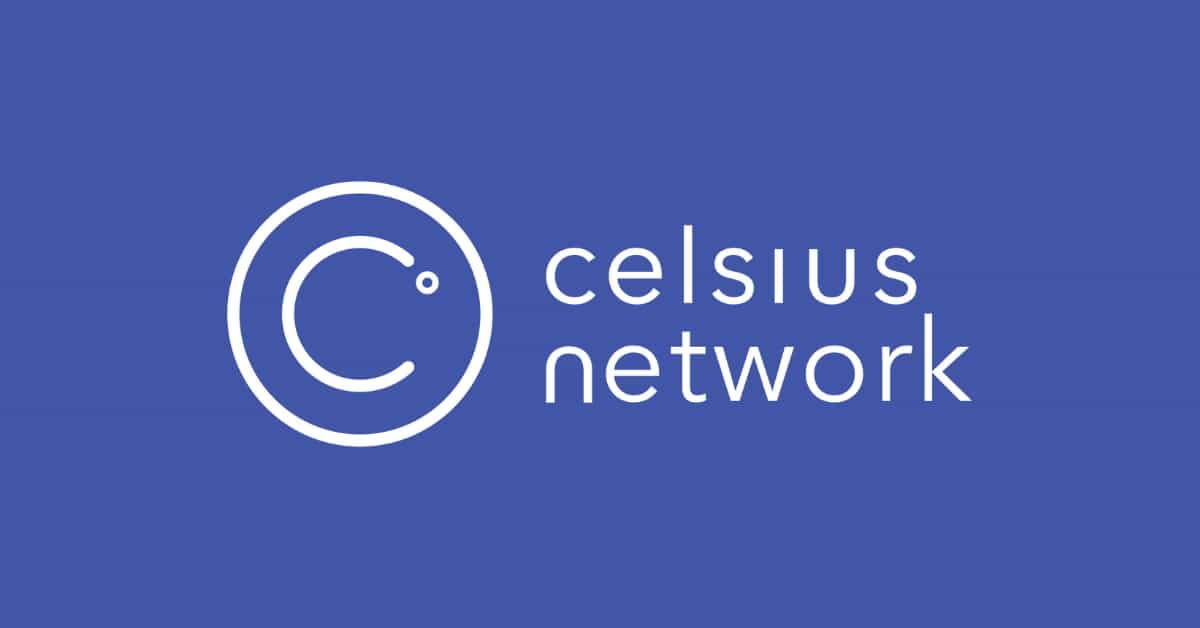
With over 485,000 users and $10B+ in digital assets, Celsius Network is one of top-tier crypto lending platforms that offers low borrowing rates which start at just 1% (average CeFi borrowing rates being around 4%). It supports 25 cryptocoins and offers flexible LTV rates.
6) Nexo
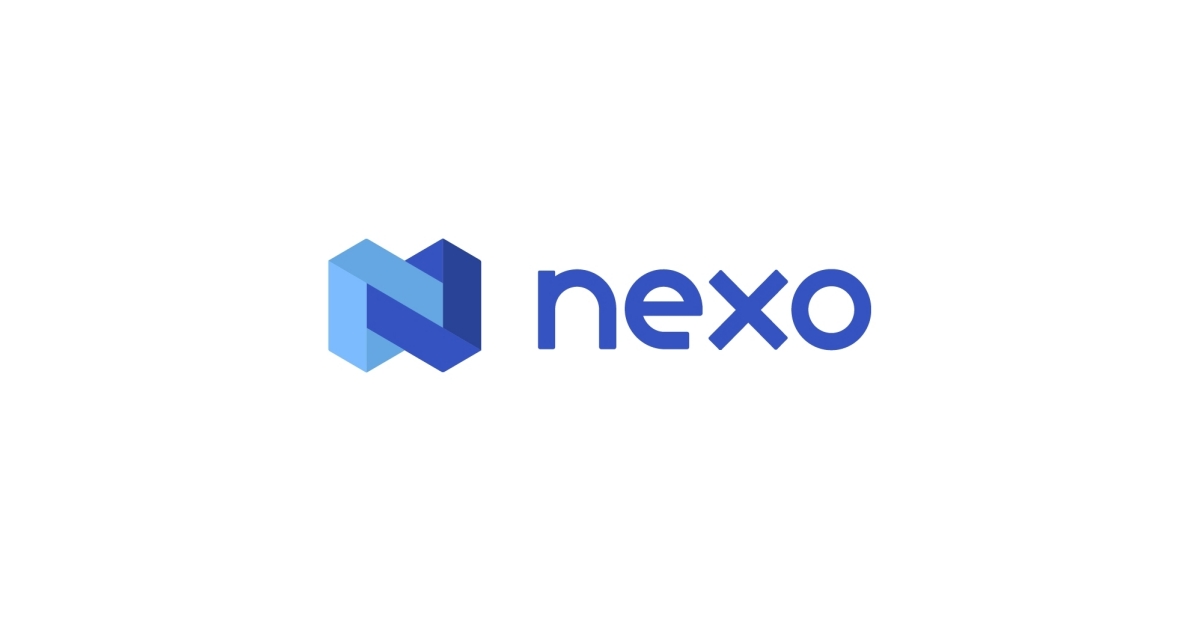
CeFi loan platform Nexo boasts over 1.5 million users and $12B in digital assets. What’s more, Nexo offers $375 million worth of insurance on all custodial assets. With support for around 18 cryptocurrencies, Nexo has slightly lower borrowing rates and higher LTV rates than its competitors.
7) Unchained Capital

Unchained Capital hosts a promising multisig collaborative custody model, where borrowers enjoy more transparency and security of their assets. The multisig model entails three private keys that can be used to access collateralized assets where one key is controlled by Unchained Capital, one by the borrower, and one by a third-party key agent.
While Unchained Capital currently offers bitcoin loans to the United States natives only, it offers lower LTV rates and higher interest rates than most CeFi competitors. Borrowers are required to use a hardware wallet such as Ledger, Trezor, or Coldcard to use this platform. All together, Unchained Capital is one of the best crypto lending platforms.
8) BlockFi
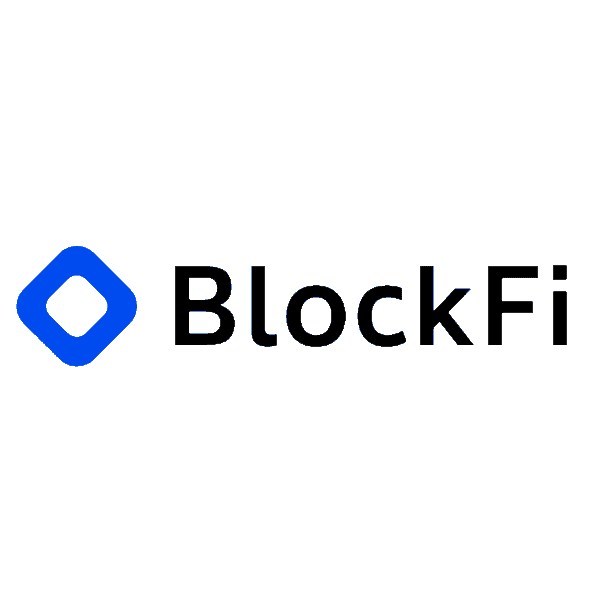
Based out of the U.S. and backed by financial institutions such as Susquehanna, Fidelity, Valar Ventures, Galaxy Digital, Winklevoss Capital, and Akuna Capital, BlockFi is a formidable CeFi lending platform that is best suited for beginner and intermediate investors alike who want to take the leap from traditional finance to crypto lending.
What are the risks involved in crypto loans?
There is no federal insurance on any crypto asset in the event of an abrupt exchange closure or cyber attack. Here’s a lowdown on three primary risks associated with crypto loans.
Technical risks
Technical problems merely emanate from hacking or ransomware attacks that affect the crypto trading sphere quite often. Some crypto lending platforms may also face a technical snag that could lead to delayed operations. However, since all DeFi activity is algorithmically governed, technical risks are more prevalent in non-custodial loans.
Margin calls and forced liquidations
Sometimes Crypto lending platforms issue margin calls or force liquidations to prevent illiquidity during market volatility period. For instance, if a cryptocurrency’s value drops drastically and reaches a point where borrowers’ LTVs go sky high, the lending platform is bound to ask borrowers that they must increase the value of their collateral assets or risk liquidation.
In case borrowers are unable to increase the value of their collaterals, the crypto lending platform will then liquidize a considerable amount of the collateral to bring the borrower’s LTV back to the maximum allowed ratio. In such a scenario, a trader/borrower may have either incurred capital gains or losses, or forfeited that portion of their deposit, and could be charged broker and transaction fees.
Counterparty risks
All traditional banks are required to maintain a certain level of liquidity as per FDIC rules and regulations. However, crypto loan providers and platforms are exempt from this requirement.
Therefore, in the event of a market crash where a staggering number of clients default on their loans, or a cyber attack that leads to theft of crypto, the lending platform will be devoid of liquidity itself, and hence, unable to return a borrower’s collateral on time.
Frequently Asked Questions: Crypto Lending Platforms
Are Crypto Loans taxed?
If all the parties uphold the terms of the loan per smart contracts or otherwise, the parties should not incur any taxes. At least in the US, the IRS considers cryptocurrency as a property. As is the norm in traditional trading, using your property as collateral for a loan does not qualify for a sale and therefore crypto loans are not taxable.
Is there any fees incurred on Crypto Loans?
Lending platforms charge borrowers interest fees on their loans. Typically, these fees hover around the range of 1% APR to 12% APR. Investors or businesses may be eligible to write off these interest fees on their taxes.
What happens when you are unable to pay back a Crypto Loan?
If are unable to pay back your crypto loan, the lending platform on behalf of the lender may liquidate all or part of your collateral assets recover their losses.
What is Forced Liquidation?
Forces Liquidation happens when an asset collateral is liquidated because of a failed margin call, the borrower will be subject to capital gains tax. The proposed tax is levied on the increase in the collateral’s total value between the time of its purchase and the time of its sale by the lender.
